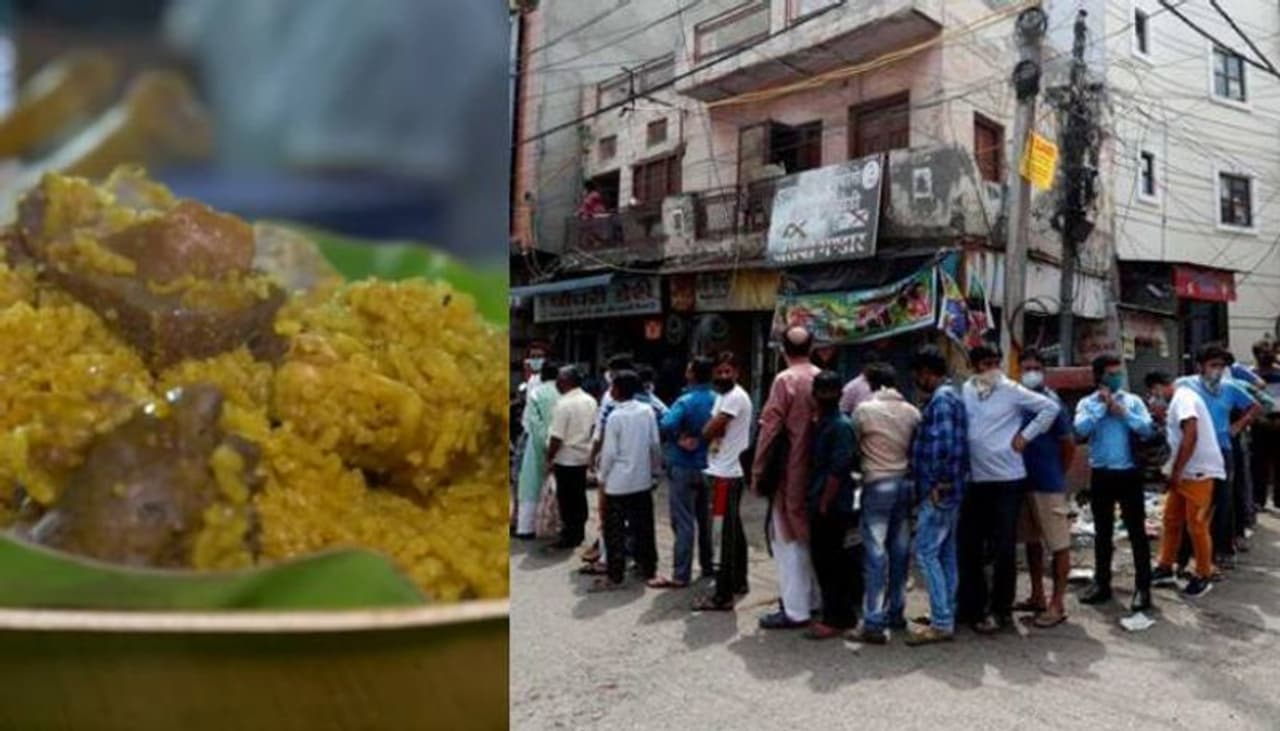- Home
- Karnataka News
- Biryani shop in Hoskote at center of GST fraud probe; crores seized by authorities
Biryani shop in Hoskote at center of GST fraud probe; crores seized by authorities
In Hoskote, Bengaluru Rural district, a popular biryani shop owner was found involved in a Goods and Services Tax (GST) evasion case during an anti-tax evasion operation by the Karnataka Commercial Tax Department. The owner had multiple Unified Payments Interface (UPI) QR codes and a significant cash amount of Rs 1.47 crore at home. Tax authorities have initiated legal proceedings and are scrutinizing various tactics used by tax evaders, including accepting payments through multiple UPI accounts to conceal GST transactions.

In Bengaluru Rural district's Hoskote, a biryani shop owner has brought to light a case of Goods and Services Tax (GST) fraud. The region is known for its Hoskote Biryani, situated in close proximity to Bengaluru, which is a popular choice for non-vegetarian enthusiasts.

The Karnataka Commercial Tax Department, as part of its anti-tax evasion efforts, has uncovered a case of GST evasion involving a biryani shop owner in Hoskote. Hoskote, located about 30 kilometres from Bengaluru's Central Business District, is a well-liked destination for late-night and early-morning drives, drawing numerous biryani aficionados.
The Karnataka Commercial Taxes Commissioner, C. Shikha, revealed that a 50-member vigilance department conducted extensive searches in Hoskote to uncover the methods employed by these biryani sellers.
During their operations, officials discovered that the biryani shop owner was associated with 30 Unified Payments Interface (UPI) QR codes.
A substantial sum of Rs 1.47 crore in cash was found at the owner's residence during the investigation. Following this discovery, the Income Tax authorities were promptly informed, and legal proceedings have been initiated.
Furthermore, it was noted that many shop owners, in addition to cash transactions, were accepting payments through multiple UPI accounts and frequently switching between them. This strategy was evidently designed to conceal genuine GST transactions and evade taxes.
These hoteliers were not issuing tax invoices or sales bills for their food items, and they were neglecting proper accounting practices. The tax department is actively scrutinizing the various methods employed by tax evaders and taking appropriate action against them.
Regarding the legality of keeping a substantial amount of cash at home, a senior official clarified that the Income Tax Act of India does not specify a specific limit on the amount of cash that individuals can retain at home.
However, individuals must be prepared to provide an explanation if questioned by tax authorities regarding significant cash deposits or holdings.
It is crucial to ensure that any cash in one's possession is properly accounted for and can be explained in the event of an audit.
Additionally, with regard to numerous UPI transactions, there have been instances of suspicious transactions related to tax evasion through deposits into various accounts without proper accounting, as reported by the official.
Stay updated with the Breaking News Today and Latest News from across India and around the world. Get real-time updates, in-depth analysis, and comprehensive coverage of India News, World News, Indian Defence News, Kerala News, and Karnataka News. From politics to current affairs, follow every major story as it unfolds. Download the Asianet News Official App from the Android Play Store and iPhone App Store for accurate and timely news updates anytime, anywhere.